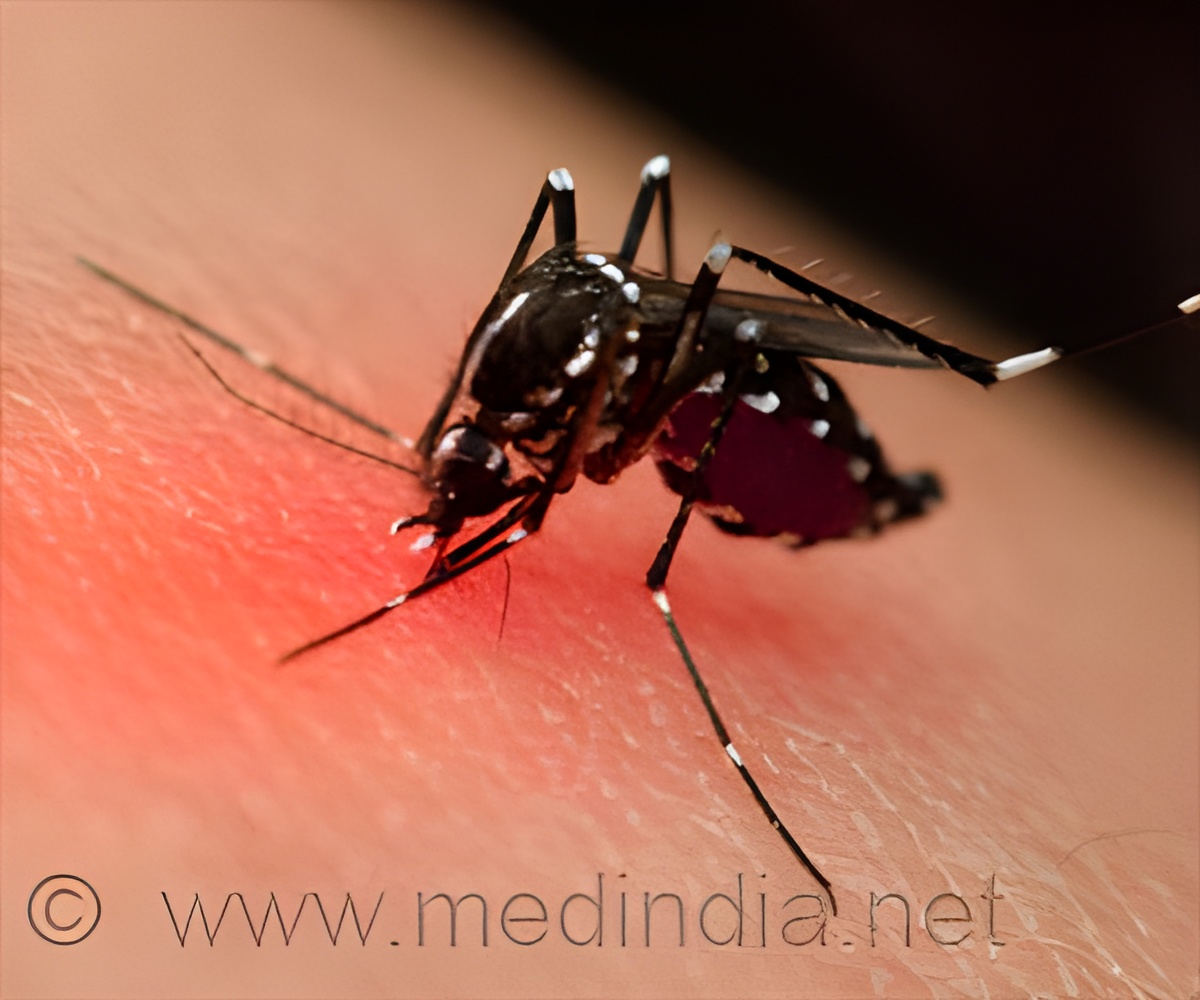A newly described protein could be an effective target for combating drug-resistant malaria parasites.

‘PfAP2-I is the first known regulator of invasion genes in Plasmodium falciparum -- the species that causes the deadliest form of malaria. Drugs targeting PfAP2-I could help combat drug-resistant malaria parasites.’





The protein, the transcription factor PfAP2-I, regulates a number of genes involved with the parasite's invasion of red blood cells, a critical part of the parasite's complex life cycle that could be targeted by new antimalarial drugs. "The reality is that there are resistant parasites to every known antimalarial drug," said Manuel Llinás, professor of biochemistry and molecular biology at Penn State University and lead author of the paper. "We need new drugs targeting different aspects of parasite biology."
How To Prevent Malaria at the Parasite Level?
According to the World Health Organization, over 212 million cases of malaria were reported in 2015, with an estimated 429,000 deaths, the majority of which occur in young children in sub-Saharan Africa.
Malaria is caused by Plasmodium parasites, which have a complex 3-stage life cycle. After a parasite-carrying mosquito bites a person, the parasite infects liver cells, where it grows and multiplies.
Advertisement
"Quite simply, if you prevent the parasite from invading red blood cells, you prevent any disease," says Llinás.
Advertisement
Genetic Factors that Influence Malaria
Most multi-celled organisms have hundreds of these regulators, but it turns out, the parasite has a single family of transcription factors called Apicomplexan AP2 proteins. One of these transcription factors is PfAP2-I.
PfAP2-I is the first known regulator of invasion genes in Plasmodium falciparum -- the species that causes the deadliest form of malaria. In total, PfAP2-I specifically regulates over 150 genes, eighteen percent of which are known to be involved in the red blood cell invasion process.
The new study also indicates that PfAP2-I likely recruits another protein, Bromodomain Protein 1 (PfBDP1), which was previously shown to be involved in the invasion of red blood cells. The two proteins may work together to regulate gene transcription during this critical stage of infection.
"Red blood cell invasion has been seriously considered for a long time as a candidate for antimalarial vaccines," says Llinás.
Many proteins that are found on the surface of the merozoite -- proteins that help the parasite bind to and pull itself inside of a new red blood cell -- have been targeted with vaccines, but they've all failed. Why?
The surface proteins are very redundant, so unless you interfere with all of them, you can't block invasion. But disrupting PfAP2-I would prevent the invasion program from ever getting turned on in the first place."
Instead of targeting the merozoite surface proteins with a vaccine, a new drug could focus solely on inhibiting PfAP2-I. Preventing PfAP2-I from binding to DNA and initiating the expression of invasion genes, or preventing PfAP2-I from recruiting other important proteins like PfBDP1, would stop an infection before it even reaches the red blood cell stage.
Because PfAP2-I does not have parallels in humans, a drug targeting this transcription factor may have the added benefit of specificity, making it safer with fewer potential side-effects in humans.
"Now that we know how the invasion process is regulated," says Llinás, "we have a completely new angle for targeting the parasite through pharmacological intervention."
Source-Eurekalert











